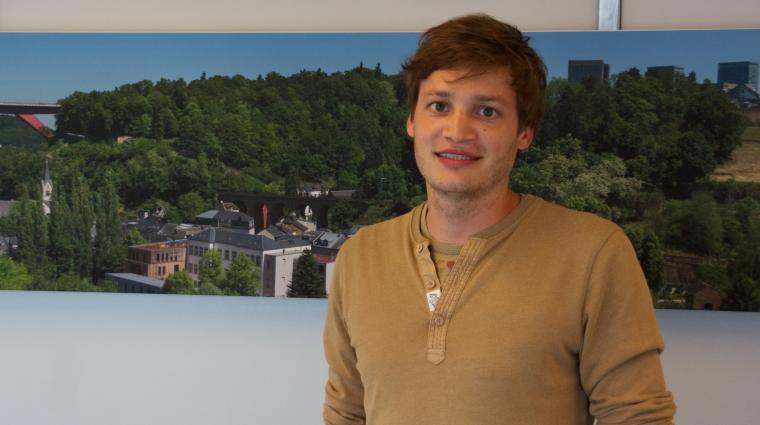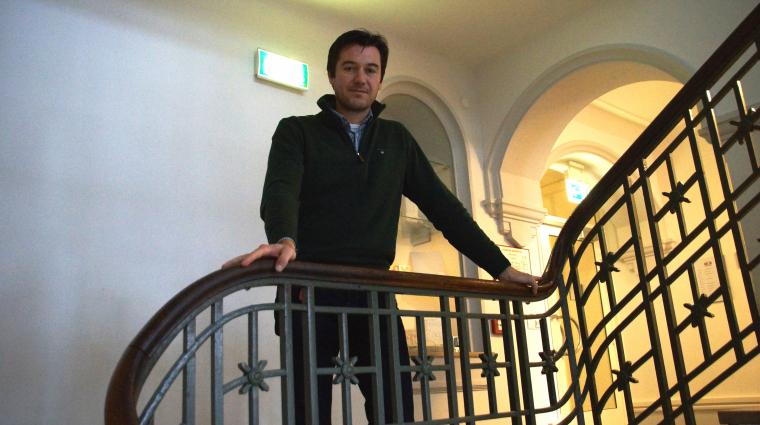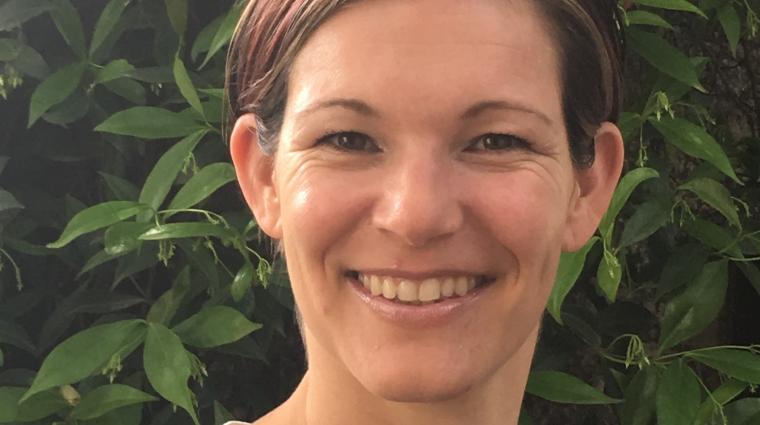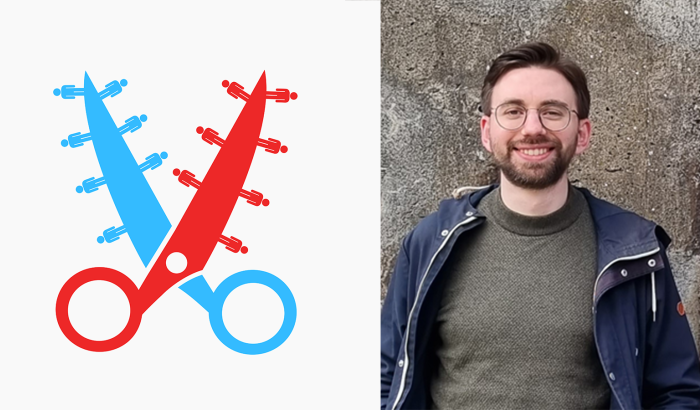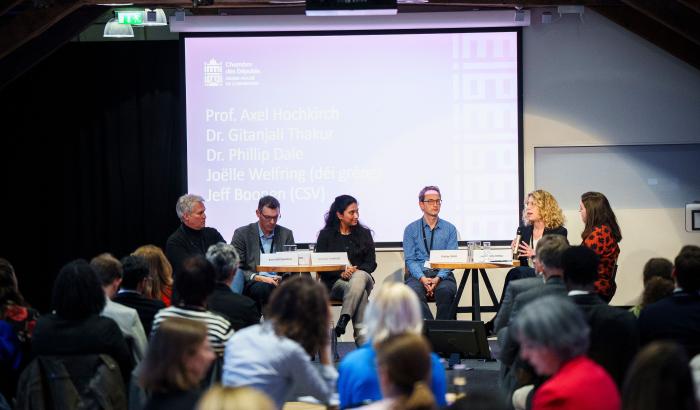FNR & Moast Creative Studios
Monica Bogdan, University of Luxembourg
Explaining their research in less than 90 seconds: 7 young researchers from Luxembourg took up the challenge in the new video series "My research in 90 seconds". In this episode, discover "cultural intelligence" with Monica Bogdan! More about this in the video - and further details in her article.
What is cultural intelligence?
Cultural Intelligence tries to answer the question: Why are some people more at ease and more efficient in culturally diverse settings than others?
For instance, let’s think of Georges, his first time visiting Italy, and eager to try “traditional” food - Pasta! At the restaurant, everything went alright until when, while ordering pasta, he politely added: “May I have some ketchup with it, please?”. It came as a huge surprise to him when the waiter looked upon him kind of offended. He only asked for pasta with ketchup as he often eats at home. What’s wrong with that?
Or, let’s think of some managers, very successful in their own country, but who, unfortunately, fail on an overseas assignment.
Observing cultural differences
My interest in the topic started during my experience as an Educational Psychologist trainee at the European Commission Luxembourg’s after school club, where I had to pass through different groups of pupils with diverse European background.
There I observed cultural differences not only in the way pupils interacted, for instance when playing in the courtyard, but in the educators’ pedagogical methods as well. This intrigued me. Only after around a year I had the “A-ha!” moment, thanks to an article where it was mentioned the Cultural Intelligence concept. And here my journey started.
Research focus on four elements
In analysing Cultural Intelligence, we focus on four elements:
1) How people plan ahead, check the information, and are aware during intercultural interactions?
2) How people acquire reliable knowledge about the other culture?
3) How people behave in order to avoid cultural misunderstandings?
4) Or if people enjoy meeting another culture…
What Cultural Intelligence is not
Possessing cultural intelligence doesn’t mean acting like a copycat, imitating the other. It supposes to be aware and to adjust to another culture, but not by forgetting your own cultural identity. Also, cultural intelligence is « culture free », so, for example, we cannot be culturally intelligent only towards one culture.
Having international experience doesn’t necessarily guarantee an increase in cultural intelligence level, because of the risk of overgeneralisation. So, when confronted with intercultural misunderstandings, people often tend to search cultural differences for a cause, without considering other factors, such as context, personality etc.
Expected outcomes: a recruitment tool and training program
We chose Luxembourg for our study, due to its cultural diverse workplace.
Our goal is to build a recruitment tool, as well as to design a training program with the aim of enhancing the level of cultural intelligence among employees.
A key skill in the modern world
The exposure to a cultural diverse environment is an everyday reality for almost all of us. Access to potential jobs abroad, negotiations with foreign partners, colleagues who have different cultural backgrounds, or simply traveling abroad, are just some examples of this reality.
Thus, cultural intelligence becomes a key skill in the modern world. The good news is that Cultural intelligence is learnable, that means it can get better over time through experience or formal training.
So, let’s go back to our Georges now. After some more multicultural experience or training, he might understand that the waiter reacted that way because he translated “ketchup on pasta” as a culinary faux pas, which offended his Italian pride.
Author text: Monica Bogdan
Video: Jean-Paul Bertemes (FNR) & Moast Creative Studios

